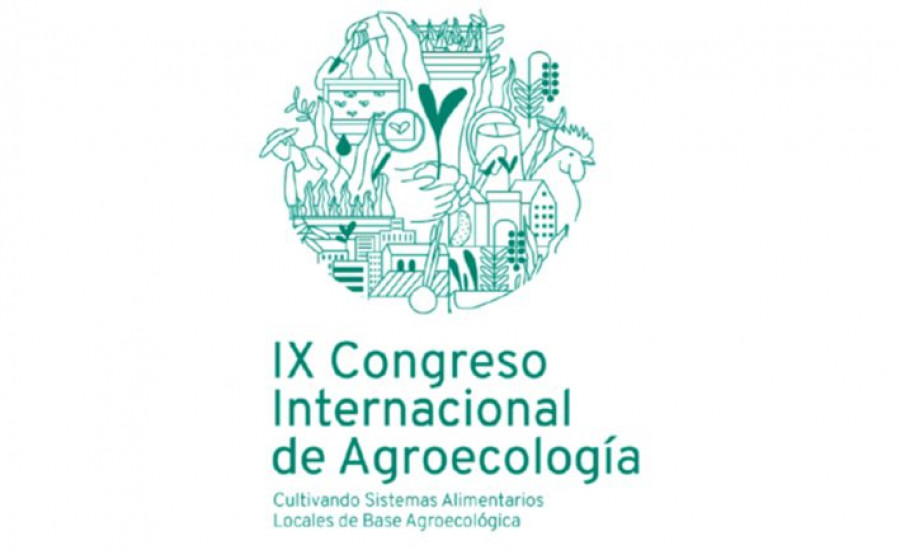HISTAGRA at the IX International Congress on Agroecology

HISTAGRA researchers participate in the IX International Agroecology Congress in Seville
The IX International Agroecology Congress will take place in Seville from 19 to 21 January 2023. HISTAGRA researchers Lourenzo Fernández Prieto, Roque Sanfiz Arias and David Fontán Bestilleiro are taking part in it.
About the congress:
The theme of the congress will revolve around the construction of local agroecologically based food systems (SALBAs). The best way to make the leap in scale that the crisis of the food system demands is the expansion and consolidation of the numerous alternative food experiences that have arisen in recent times, seeking to develop synergies between them. To this end, it is necessary to strengthen the links in the food chain and establish solid alliances between them so that together, production and consumption can configure alternative food systems to the corporate one. In recent years, both experiences of social innovation and discussions on how to scale them up have proliferated, but there are still many questions to be resolved regarding the process of implementing SALBAs. Precisely for this reason, this congress seeks to generate a space for exchange and collective debate that will serve to shed light on the progress of the agroecological transition and, more specifically, of the SALBAs.
On the presence of HISTAGRA:
Title of the panel: Transformative agroecological experiences and their potential for scaling up.
Name of author(s): David Fontán Bestilleiro; Lourenzo Fernández Prieto; David Soto Fernández and Roque Sanfiz Arias
Title of the presentation: Applied history for the socio-ecological transition: the experience of the Laboratorio Ecosocial do Barbanza
Abstract: The Laboratorio Ecosocial do Barbanza (https://barbanzaecosocial.org/) is a research and action project that arises with two main objectives: 1) to know the endogenous logics of the study territory - the region or bioregion of Barbanza (Galicia) - through research and work with various communities and 2) to support the development of new proposals that contribute to the construction of sustainable alternatives for the future of Barbanza. These two objectives, which are completely intertwined, guide the two main phases in which the project is structured: research and action.
Designed as an applied history project, the lab seeks to understand in order to mobilise. In the research phase, the lab focused on analysing the social and ecological dynamics that have enabled a resilient articulation of territory and communities, as well as the threats and ruptures they have faced over the last two centuries. Local communities have been co-creators of this knowledge, and the socialisation of the results with them has been an essential part of the development of the study itself, both from an ethical point of view and for the activation of productive processes built on the logic of sustainability. This last idea constitutes the second phase of the initiative, which is currently under development.
In this paper we propose to present the results of the project in a broad perspective, approaching the results achieved in the two phases. With a view to the critique and debate within the seminar, we are particularly interested in presenting the conclusions of the research process itself in the logic of applied history, analysing its risks and potential based on the concrete experience of the laboratory.
For further information, please contact
https://congresoagroecologia2023.es/informacion/
Translated with www.DeepL.com/Translator (free version)